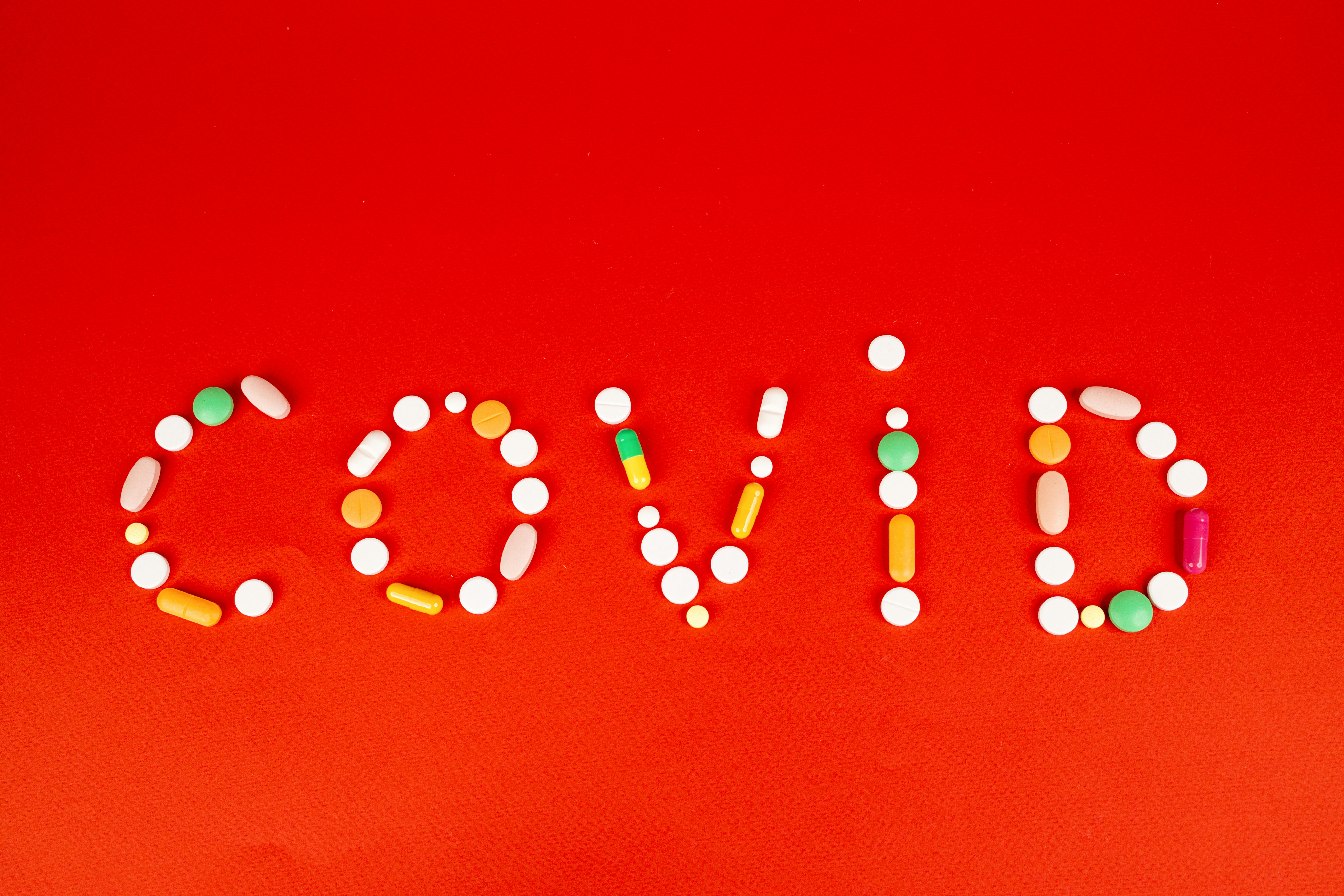Global Health Supplements: Benefits, Usage & Future Trends
In an age where wellness is a top priority, global health supplements are becoming essential in daily routines. With lifestyle diseases on the rise, people are seeking proactive ways to enhance their health. This article explores the science, implementation, and future of global health supplements, offering actionable insights for consumers and professionals alike.

Understanding the Fundamentals
Global health supplements refer to nutritional products designed to support and enhance human well-being on a global scale. These include vitamins, minerals, herbs, amino acids, and enzymes. Their importance has grown due to dietary gaps, increased stress levels, and environmental factors.
Historically, supplements date back to ancient civilizations using herbs for healing. Modern science has refined these practices into targeted, clinically supported solutions. Understanding these basics is key to making informed decisions.
1.1 Nutrient Optimization
Nutrient optimization involves ensuring the body receives adequate levels of essential vitamins and minerals. For example, Vitamin D deficiency affects over 1 billion people globally, which can lead to fatigue, bone loss, and a weakened immune system.
Using supplements like multivitamins can bridge dietary gaps caused by modern, processed diets. Contrary to popular belief, supplements are not replacements but enhancers for a balanced lifestyle.
1.2 Personalized Health Solutions
Unlike one-size-fits-all approaches, personalized supplements cater to an individual’s unique genetic, dietary, and lifestyle needs. This customization ensures more effective results and reduced side effects.
For instance, DNA-based supplement recommendations are emerging, helping people optimize their health based on genetic predispositions to certain conditions or nutrient deficiencies.
Practical Implementation Guide
Now that the basics are clear, let’s explore how to effectively incorporate global health supplements into your routine. Consistency, product quality, and professional guidance are key factors in achieving results.

2.1 Actionable Steps
- Assess Your Needs: Begin with a health assessment or blood test to identify deficiencies.
- Select Quality Products: Choose third-party tested, GMP-certified brands to ensure safety and efficacy.
- Establish a Routine: Incorporate supplements into a daily schedule—morning, post-workout, or with meals—for maximum absorption.
2.2 Overcoming Challenges
Common challenges include:
- Choosing from overwhelming product options
- Remembering daily doses
- Managing interactions with medications
To counter these:
- Use apps or pill organizers for reminders
- Consult healthcare providers before combining supplements
- Start small and track effects over 4-6 weeks
Expert tip: Pair fat-soluble vitamins like A, D, E, and K with meals for better absorption.
Advanced Applications
Once foundational use is mastered, advanced users can integrate global health supplements with other wellness strategies such as biohacking or athletic optimization. This approach is ideal for high-performance individuals or those managing chronic conditions.

3.1 Nootropics and Cognitive Boosters
Nootropics are supplements designed to enhance brain function. Popular examples include omega-3 fatty acids, L-theanine, and Rhodiola Rosea. A 2022 study showed a 15% cognitive improvement in students using natural nootropics versus a placebo.
These supplements help boost memory, focus, and mental clarity—especially beneficial for students, professionals, and aging populations.
3.2 Gut-Brain Axis and Probiotics
Gut health profoundly impacts mental and physical wellness. Probiotics and prebiotics support digestive balance, which in turn affects mood and immune response.
Advanced users may combine probiotics with herbal adaptogens like ashwagandha to support adrenal health and stress resilience. Ensure compatibility with existing regimens by gradually introducing new components.
Future Outlook
The future of global health supplements is poised for innovation through AI, nanotechnology, and genetic profiling. These advances will allow hyper-personalized solutions and real-time nutrient tracking.
Market analysts predict a 9% annual growth in the supplement industry, with Asia-Pacific leading due to rising health consciousness. To stay ahead, consumers should embrace education and adapt as new products emerge.
Conclusion
Key takeaways include:
- Supplements fill vital nutritional gaps
- Quality and personalization matter
- Advanced techniques offer next-level wellness
Global health supplements empower individuals to take proactive control of their well-being through science-backed support and evolving technologies.
Ready to optimize your health journey? Begin with a personalized assessment and start integrating supplements today for a stronger, healthier tomorrow.
Frequently Asked Questions
- Q: What are global health supplements? They are dietary products like vitamins, minerals, and herbs aimed at improving overall wellness and filling nutritional gaps.
- Q: How do I start using supplements? Start by identifying specific health goals and consult with a healthcare provider to choose suitable options.
- Q: How long before I see results? Most people notice benefits within 4 to 8 weeks depending on consistency, product type, and individual health.
- Q: Are supplements expensive? Costs vary from $10 to $100 per month based on ingredients, quality, and brand reputation.
- Q: How do supplements compare to natural foods? Supplements enhance but don’t replace a healthy diet; both should work together for optimal health.
- Q: Are supplements hard to use? Most are easy to incorporate with basic guidance and routine planning. Apps and pillboxes help.
- Q: Can these help with industry-specific needs? Yes, athletes, shift workers, and executives benefit from targeted formulations tailored to their lifestyle demands.
